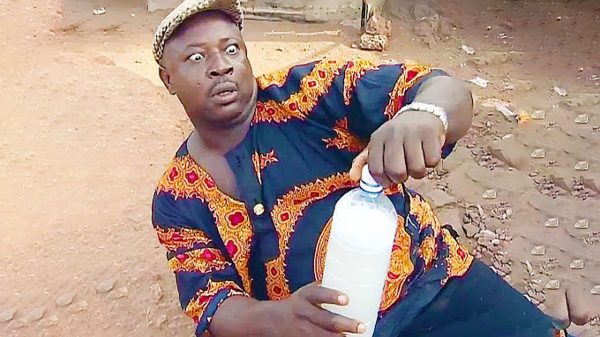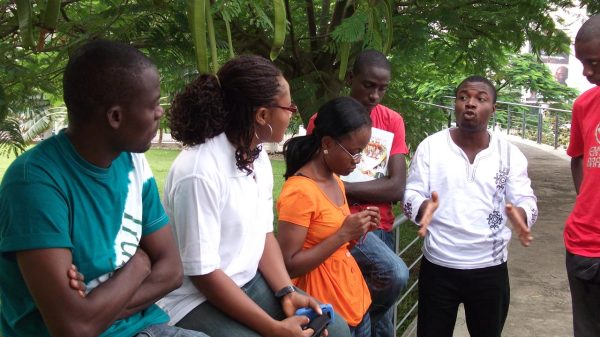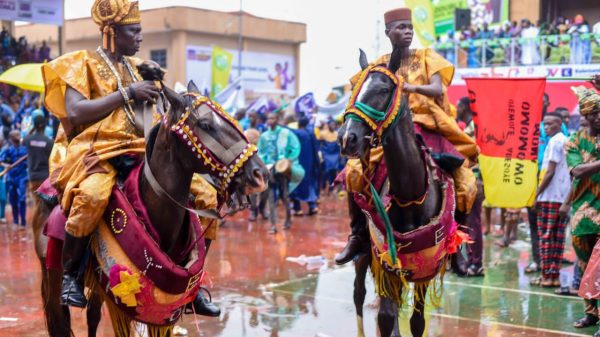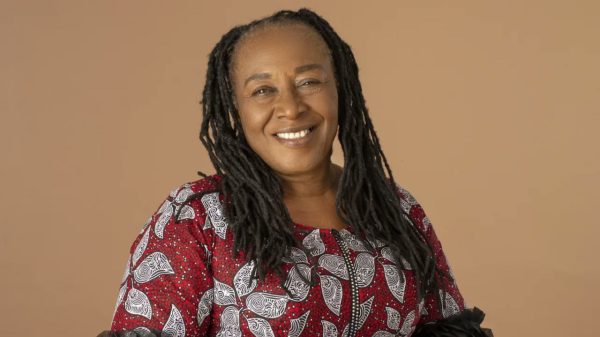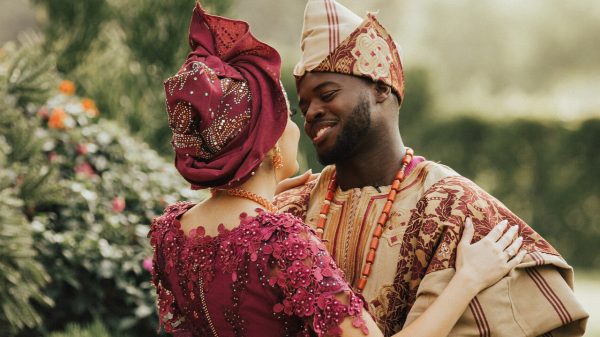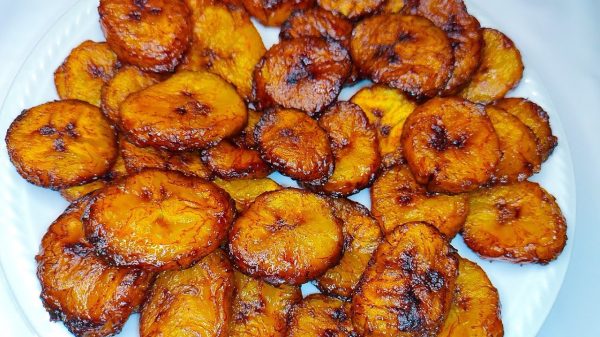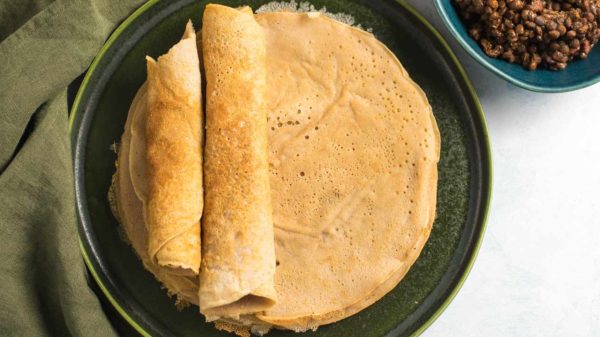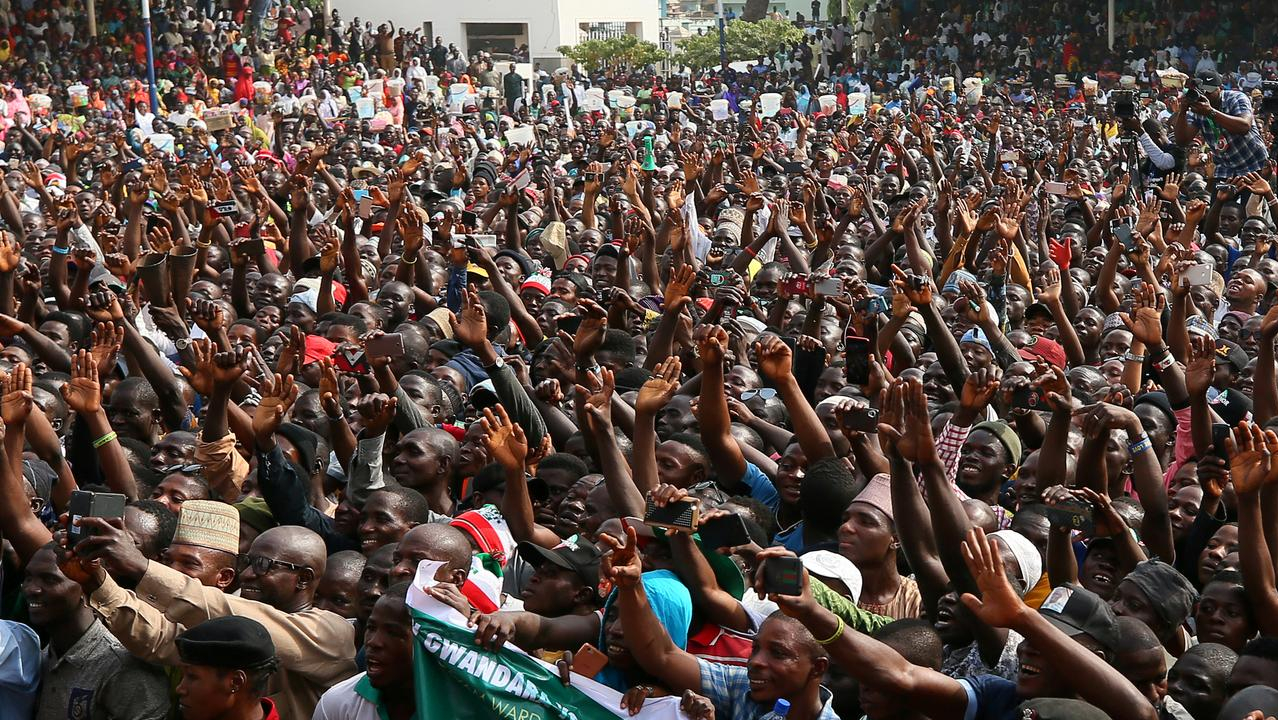Nigeria‘s rich cultural diversity is vividly reflected in its dynamic slang expressions.
These colloquial terms, drawn from various languages and regions, are integral to everyday communication, adding color and depth to conversations. Here are 15 widely used Nigerian slang words, along with their meanings and contexts:
1. Sapa
Sapa refers to a state of being broke or financially incapacitated. It’s commonly used to describe periods of economic hardship, especially among youths. For instance, someone might say, “I can’t go out this weekend; sapa hold me.” This indicates that financial constraints are preventing them from socializing. The term underscores the economic challenges faced by many and is often used humorously to commiserate over shared financial struggles.
2. Japa
Derived from the Yoruba language, japa means to flee or escape. In contemporary usage, it specifically refers to emigrating from Nigeria in search of better opportunities abroad. For example, “After graduation, he plans to japa to Canada.” The term reflects the aspirations of many Nigerians seeking improved living conditions and career prospects overseas.

3. Amebo
An amebo is a gossip or someone who meddles in other people’s affairs. The term originates from a character in old Nigerian radio dramas known for being nosy. It’s often used to describe individuals who spread rumors or intrude into matters that don’t concern them. For instance, “Don’t mind her; she’s an amebo who can’t keep secrets.”
4. Wetin
Wetin is a fundamental term in Nigerian Pidgin English, translating to “what” in standard English. It’s widely used across various contexts to pose questions or express disbelief. For example, if someone says, “Wetin you talk?” they are asking, “What did you say?” Similarly, “Wetin dey happen?” translates to “What’s happening?” or “What’s going on?” This term is integral to daily conversations in Nigeria, facilitating straightforward and effective communication. Its versatility allows it to be used in both casual and serious discussions, making it a staple in the Nigerian Pidgin lexicon.
5. Dundee
Dundee is a colloquial Nigerian insult used to describe someone as an idiot or foolish. The term originated from the Scottish football club Dundee United’s tour of Nigeria in 1972, during which they suffered notable defeats. Over time, Nigerians began using “Dundee” to mock someone perceived as acting foolishly or making avoidable mistakes. For example, “Why you dey behave like Dundee?” implies that someone is acting foolishly.
6. Opor
Opor translates to “it’s plenty” or “there’s abundance.” Popularized by Nigerian artist Zlatan Ibile in his 2019 song, it’s used to describe situations of excess or to express satisfaction. The term embodies the Nigerian spirit of celebrating abundance and good times.
7. Jaara
Jaara is derived from the Hausa word “gyara,” meaning to add extra. In Nigerian parlance, it refers to receiving a little extra or bonus, especially in commercial transactions. For example, after purchasing goods, a customer might ask the seller to “Add jaara,” hoping for an additional item at no extra cost. It’s a common practice in Nigerian markets, reflecting the culture of bargaining and goodwill.
8. Abobi
Abobi is a slang term used to refer to a young man or guy, often implying street-smartness or toughness. It’s commonly used in urban areas to address or describe males who are savvy and experienced in the ways of the street. For example, “Abobi, you be man,” means “Guy, you’re a man (strong and capable person)” The term highlights the admiration for resilience and street wisdom.
9. Soro Soke
Meaning “speak up” in Yoruba, soro soke gained prominence during the #EndSARS protests, urging individuals to raise their voices against injustice. It has since become a call for assertiveness and activism. For example, encouraging someone to express their opinions boldly, one might say, “Soro soke, don’t be silent.” The phrase embodies the spirit of advocacy and standing up for one’s rights.
10. Dey Play
Dey play is a slang expression used to describe someone who is not taking things seriously or is being unserious. It’s often used to caution or mock individuals who are perceived as not being focused or wasting time. For example, “You just dey play while others dey hustle,” implies that the person is not being as industrious as others. This standout slang is also a subtle way of telling someone to stop deceiving themselves and be more realistic. For instance, if someone says, “I will get to know that girl in no time,” a friend’s response could be “Dey play.” This indirectly suggests the person should be more realistic about their proposition.
11. Idan
Idan is a Yoruba word meaning “wonder” or “magic.” In slang usage, it describes someone who is exceptionally skilled, impressive, or influential. For example, “That player is an idan on the field,” suggests that the athlete has remarkable abilities. The term celebrates excellence and awe-inspiring talent; it is also used to hail someone.

12. Over-Sabi
Over-sabi is a Nigerian slang term used to describe someone who is overbearing or acts like a know-it-all. It’s often used to mock individuals who are perceived as trying too hard to display their knowledge or meddling in situations unnecessarily. For example, “Na wa for this madam ooo, her over-sabi too much,” implies that the woman is being excessively intrusive or acting like she knows too much. The term combines “over,” indicating excessiveness, and “sabi,” a Pidgin English word meaning “to know.”
13. Kolo
Kolo is a slang term used to describe someone acting crazy or irrational. It’s derived from the English word “colonel,” humorously implying that the person’s behavior is as erratic as a commanding officer’s strictness. For example, “Why you dey kolo like this?” translates to “Why are you acting crazy like this?” The term is often used in playful contexts among friends.
14. Ajebutter or Ajebo
Ajebutter or ajebo refers to someone from a wealthy or privileged background, often perceived as being pampered or inexperienced with the hardships of everyday life. The term combines “aje” (Yoruba for wealth) and “butter,” symbolizing softness or luxury. For instance, “That guy no fit survive for street; him be ajebutter,” means “That guy can’t survive on the streets; he’s too pampered.” It’s sometimes used teasingly among peers.
15. Ehen
Ehen is the undisputed GOAT of Nigerian slang, a versatile Nigerian exclamation used to express realization, agreement, surprise, or to prompt continuation in conversation, depending on intonation and context. For example, upon understanding a point, one might say, “Ehen, I see what you mean.” Alternatively, when someone recalls an important detail, they might exclaim, “Ehen! That reminds me…” This adaptability makes “ehen” an indispensable tool in Nigerian communication.
Subscribe to our Newsletter
Stay updated with the latest trends in African Pop Culture!

